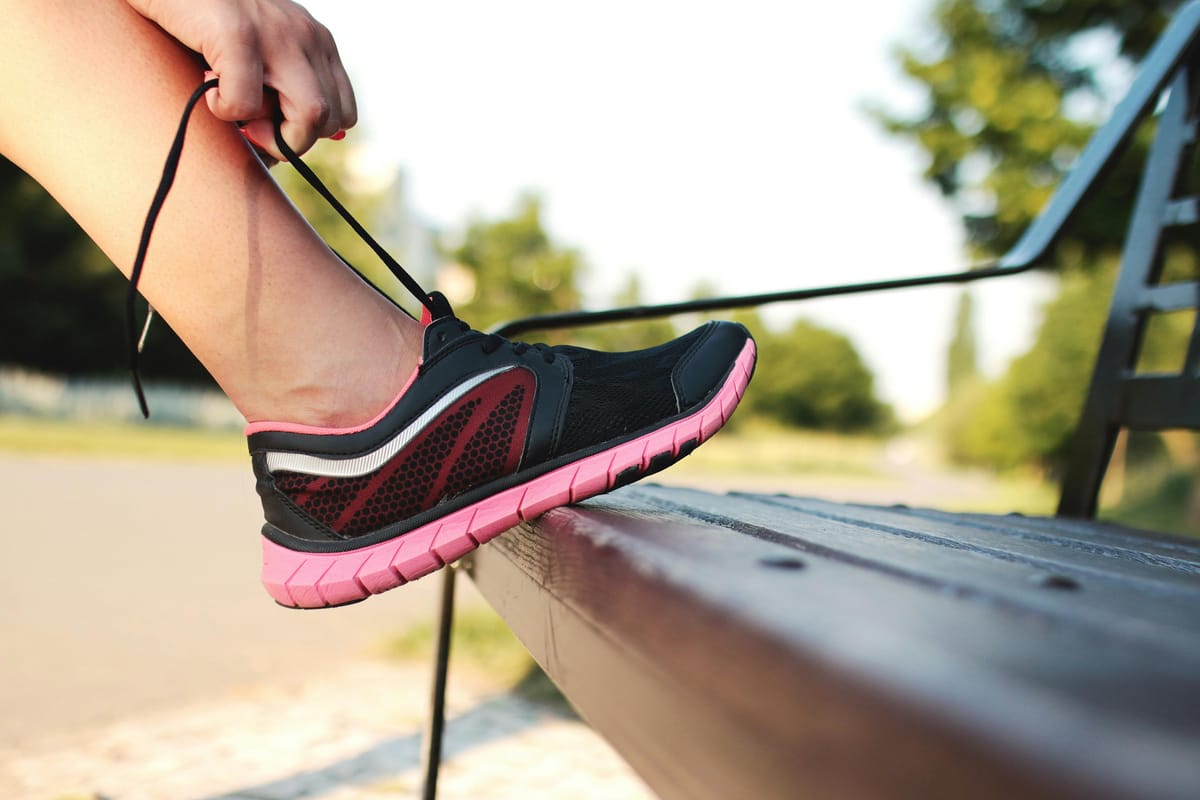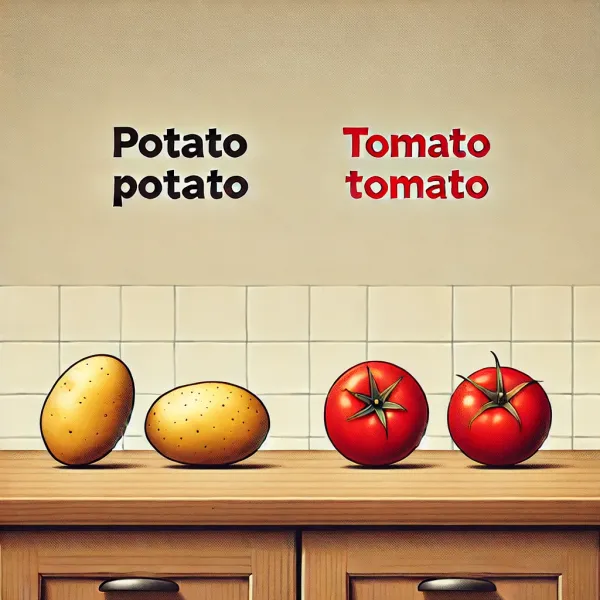Exercise - does it burn calories?

Exercise, when you are doing it, seems like a lot of effort. Running, swimming, cycling. Even walking. After thirty minutes, you could feel exhausted. So does it help you burn calories?
One of the most important aspects of good health is the connection between exercise and weight.Most people exercise with the objective of losing weight.
At the very least, they exercise to justify consuming more food. Those who have already experienced this know that it doesn't truly work.
Unless exercise is something that consumes you all day long, you don't end up burning calories. In such cases, too, you likely replenish the energy you burn.
So while your watch or equivalent tells you that you "burned" hundreds of calories, your weighing scale tells a different story.
So what is wrong with the picture?
One theory called the Constrained Theory, seeks to explain this. The constrained theory suggests that when you ramp up your activity, the body recognises that you are burning energy.
It then seeks to compensate for the energy expenditure by conserving it somewhere else.
The net result is that you don't end up burning calories. You and I both know the frustration we feel when we measure our weight the next day.
Research seems to indicate that while the constrained theory is correct, the numbers are not exact.
Although your body does conserve energy, the energy it saves differs from the energy it burns. You do burn some calories, just not as much as you thought.
If you take the inaccuracy of the device telling you how many calories burned and then add the energy conserved, you can be wrong by a lot.
So what should you do?
Exercise. The more, the better. Do it believing you need it to build muscle, bone, heart, and lung. Ignore what your device tells you in terms of calories.





